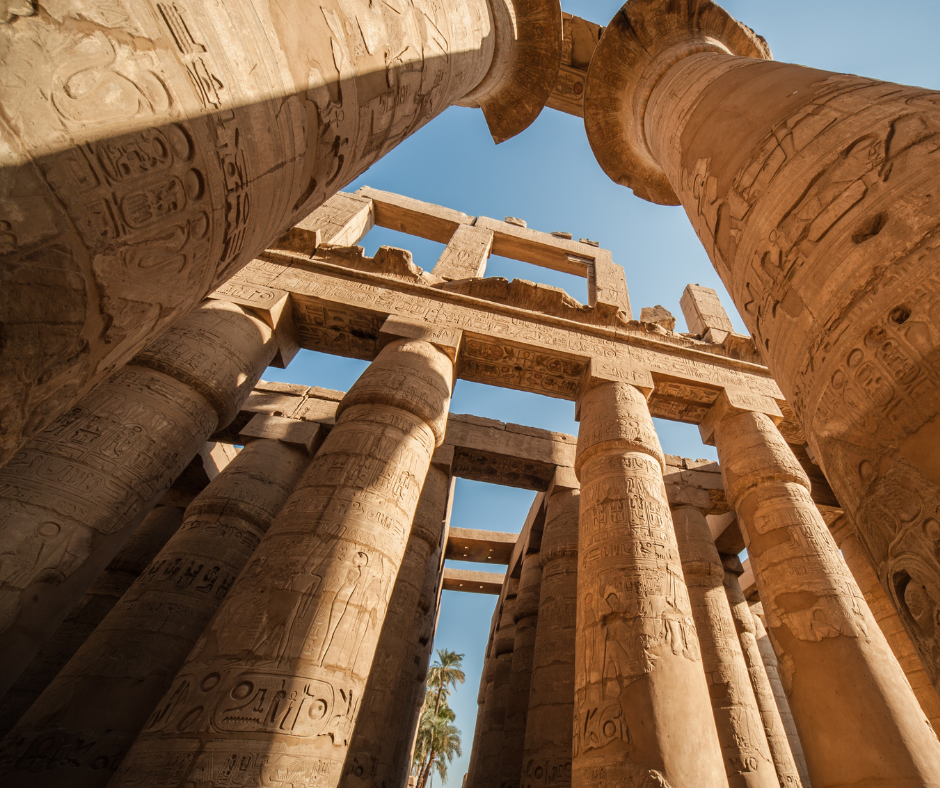
Egypt’s travel market is accelerating at a historic pace. International arrivals grew 26% in early 2025, and the government is targeting 30 million tourists by 2030, nearly double the 15.8 million visitors in 2024. Today, there are already 225,000 hotel rooms in service, with 143 new projects underway, adding almost 34,000 rooms.
The investment is bold. Egypt has committed USD 1 billion in subsidized loans for hotel development, streamlined its e-visa system, and digital initiatives to attract foreign investment. A government-backed digital platform designed to showcase and streamline access to 150+ live tourism development projects. By centralizing opportunities, Egypt aims to accelerate private-sector involvement and foreign direct investment in hotels, resorts, and travel infrastructure.
With mega-developments like Ras Banas, Ras El-Hekma, and the New Capital City taking shape, Egypt is signaling that its growth is not just about scale, but also about modernization and openness to global partnerships.
Growth is no longer centered in just Cairo or Giza.
By 2030, Egypt expects half a million hotel rooms, a pipeline unmatched in Africa and a game-changer for regional competitiveness.
Growth at this pace creates enormous opportunity, but it also raises an important question for B2B stakeholders: how can suppliers and buyers connect efficiently at this scale?
For Egypt, the opportunity lies in turning expansion into connectivity, ensuring that every new room and destination is globally accessible.
To match Egypt’s expansion, distribution needs to evolve into a connected, automated ecosystem.
B-Marketplace provides the framework to make this possible. It brings fragmented supply into a single digital network while aligning with Egypt’s rapid growth trajectory.
B-Marketplace complements existing systems rather than replacing them, ensuring Egypt’s expanding supply base is ready for global demand.
Visitors notice airports, resorts, and cultural icons. Behind the scenes, what matters for buyers and suppliers are the systems that manage rates, bookings, and payments.
This invisible infrastructure is what defines competitiveness. With B-Marketplace, Egypt ensures its growth story is not just about scale, but about efficiency and global readiness.
With 30 million visitors on the horizon and 500,000 hotel rooms in the pipeline, Egypt’s ambition is clear. What will define success is the ability to connect this supply to demand efficiently.
B-Marketplace provides the infrastructure to do exactly that, ensuring Egypt’s growth translates into measurable value for suppliers and buyers alike.
📩 Ready to connect smarter?
Contact us at sales@bakuun.com
Because Egypt’s next travel era will not be defined only by how much it builds, but by how well it connects.